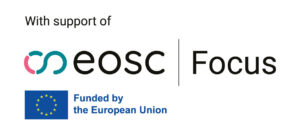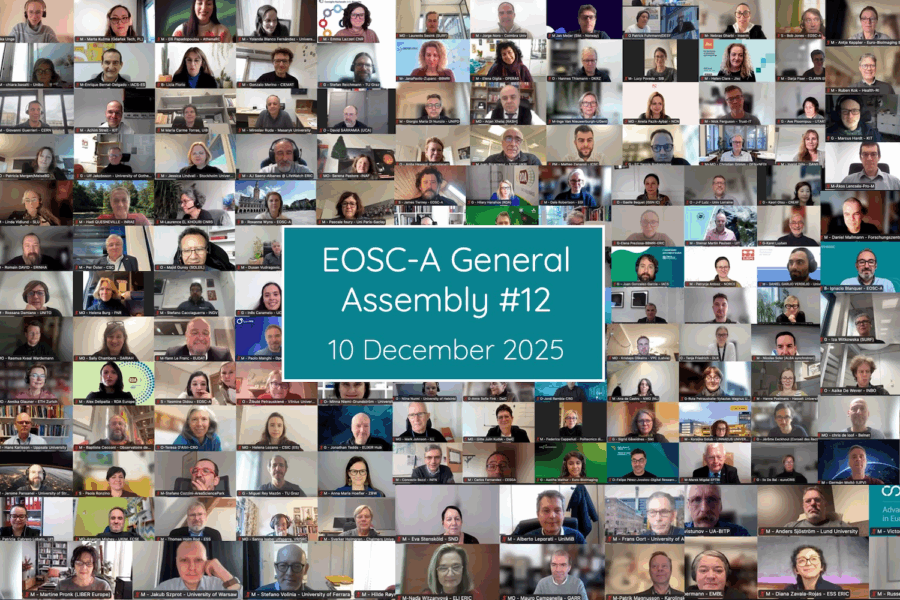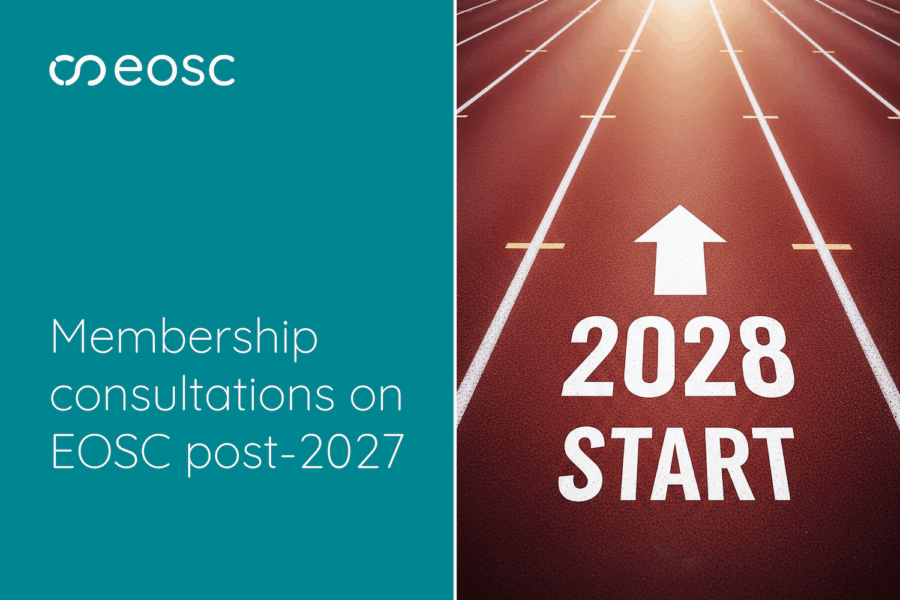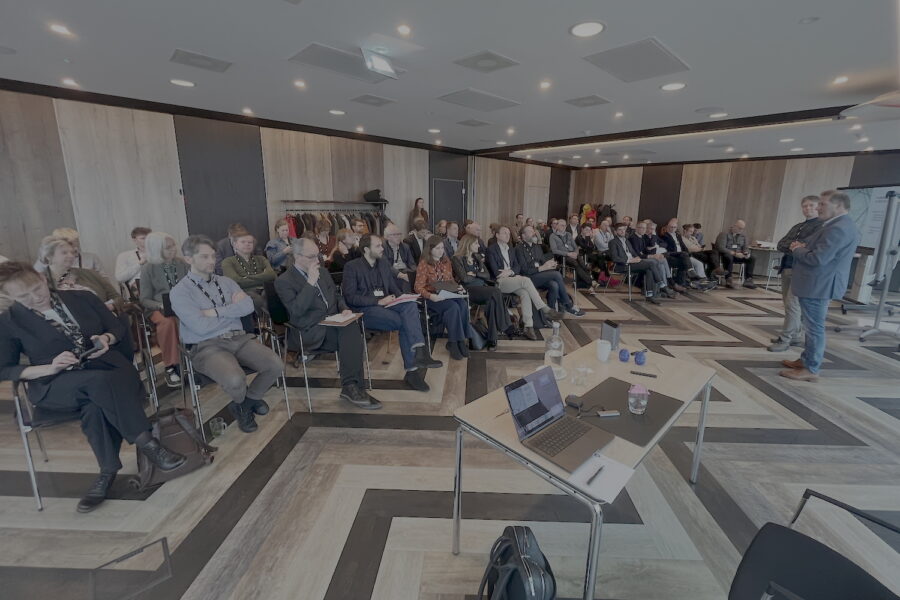BRATISLAVA — EOSC’s National Tripartite Event Slovakia was hosted on Wednesday, 31 May, at the Slovak Centre of Scientific and Technical Information (CVTI SR) in Bratislava. Serving in its role as Slovakia’s EOSC Association (EOSC-A) Mandated Organisation, CVTI SR brought together the Slovakian scientific community to discuss the progress and results so far, as well as the tasks that lie ahead, in the initiative to develop and deploy the European Open Science Cloud.
The event included representatives of the EOSC Partnership’s tripartite collaboration, the European Commission, EOSC-A, the Slovakian representatives to the EOSC Steering Board, as well as researchers and other members of the Open Science community. The current state of the discussion about the future of EOSC operations and governance past 2027 (following the conclusion of the Horizon Europe framework programme) also held an important place in the discussions. The “public good” provided by EOSC in relation to publicly funded research was highlighted across several of the meeting’s presentations.
Policy makers, research funders and service providers were called on to make Open Science a community-driven process, which requires strong stakeholder engagement. In this context, it was proposed that the EOSC Partnership’s role should be as a “centre of gravity” for raising awareness and aligning policies on FAIR data management.
Robert Ševčík, General director of the Science and Research Division, Ministry of Education, Science, Research and Sport, said in his intervention, “This first National Tripartite Event held in Slovakia should pave the way for stronger cooperation in the advancement of Open Science in the country, and it will hopefully be continued in the future with participation of more and various people from the Slovakian scientific community.”
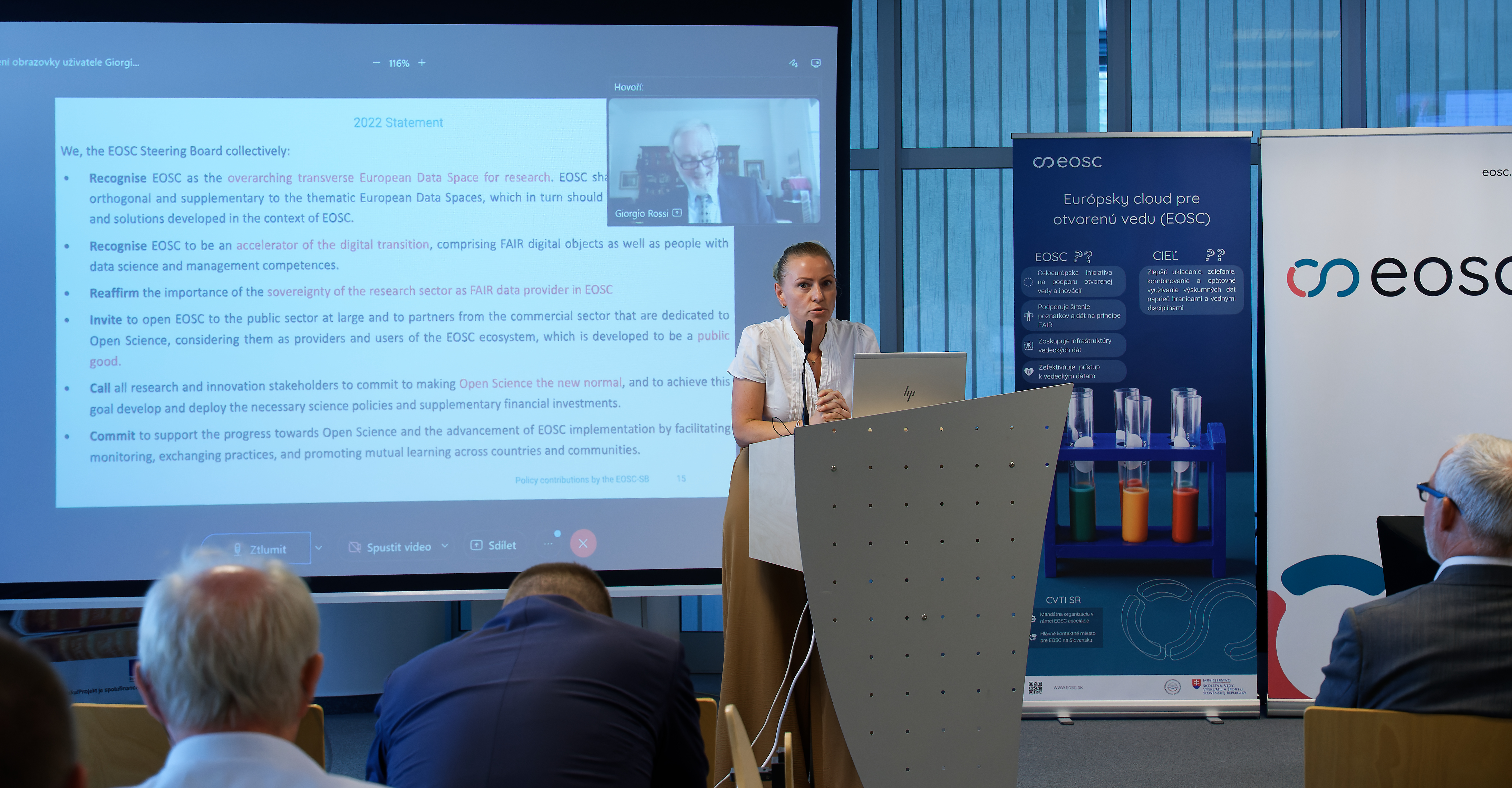 | 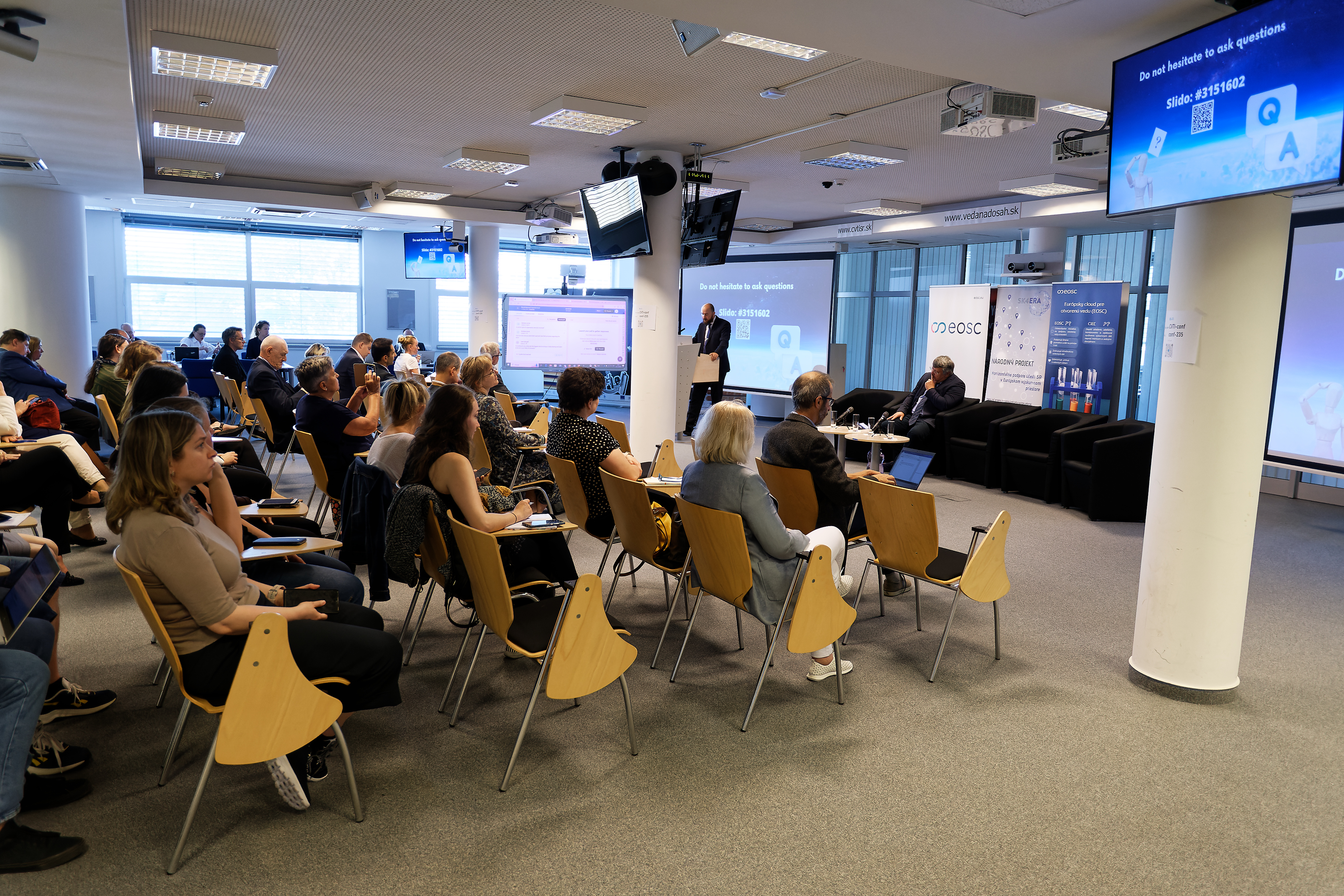 |
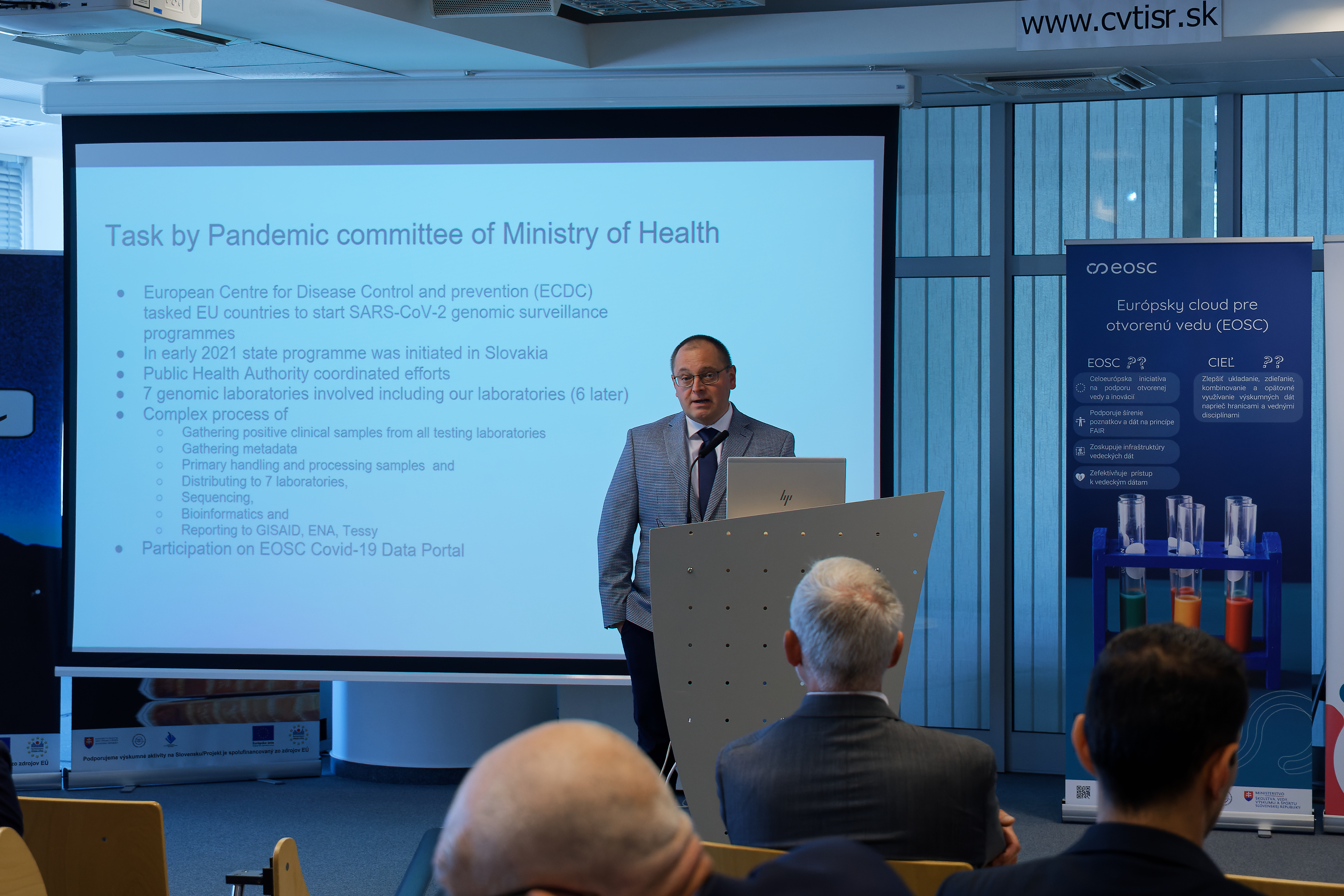 | 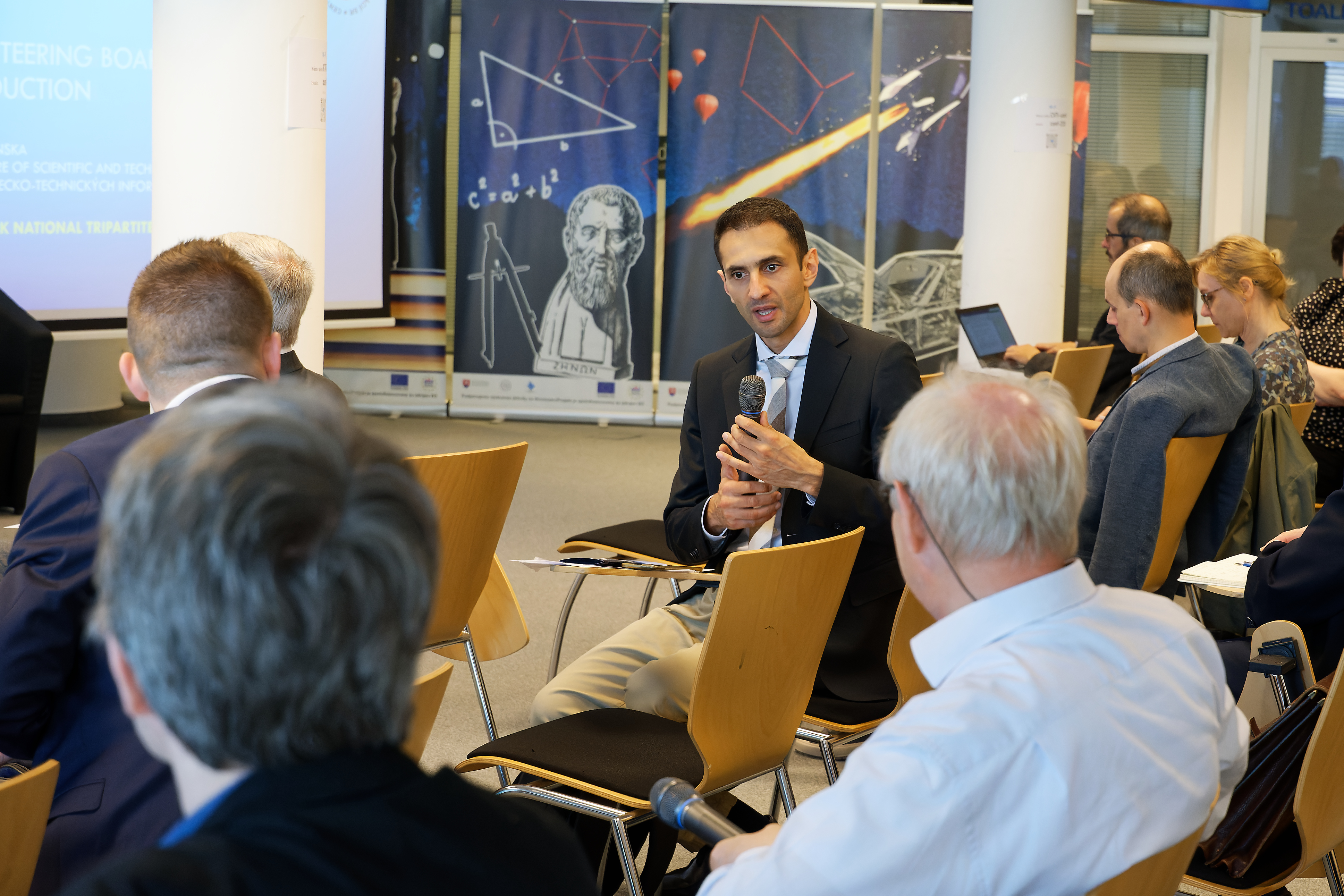 |
The panel discussion concluded that Slovakia and the other Member States and Associated Countries participating in the implementation of EOSC need to be prepared with policies and resources in place, and also encouraged policy makers and research funders to go beyond the status quo.
Specifically, participants in the discussion highlighted the need for:
- information on Open Science tailored to different scientific disciplines;
- well-defined strategies & policies;
- incentives to engage in open access (OA) publishing;
- bundling OS (for research data) with other type of data, in particular the sectorial data from governmental institutes to be open for re-use.
Panellists and audience members discussed the cost of OA to institutions and publishers, as well as the costs linked to transitioning from current practices. In countries like Slovakia, where financing science can be a low political priority, the benefits to the quality of research gained by OS practices must be made clear to the research funding agencies.
The final three speakers on the day’s programme offered examples of current initiatives in Slovakia that demonstrate the country’s efforts towards making OS “the new normal”.
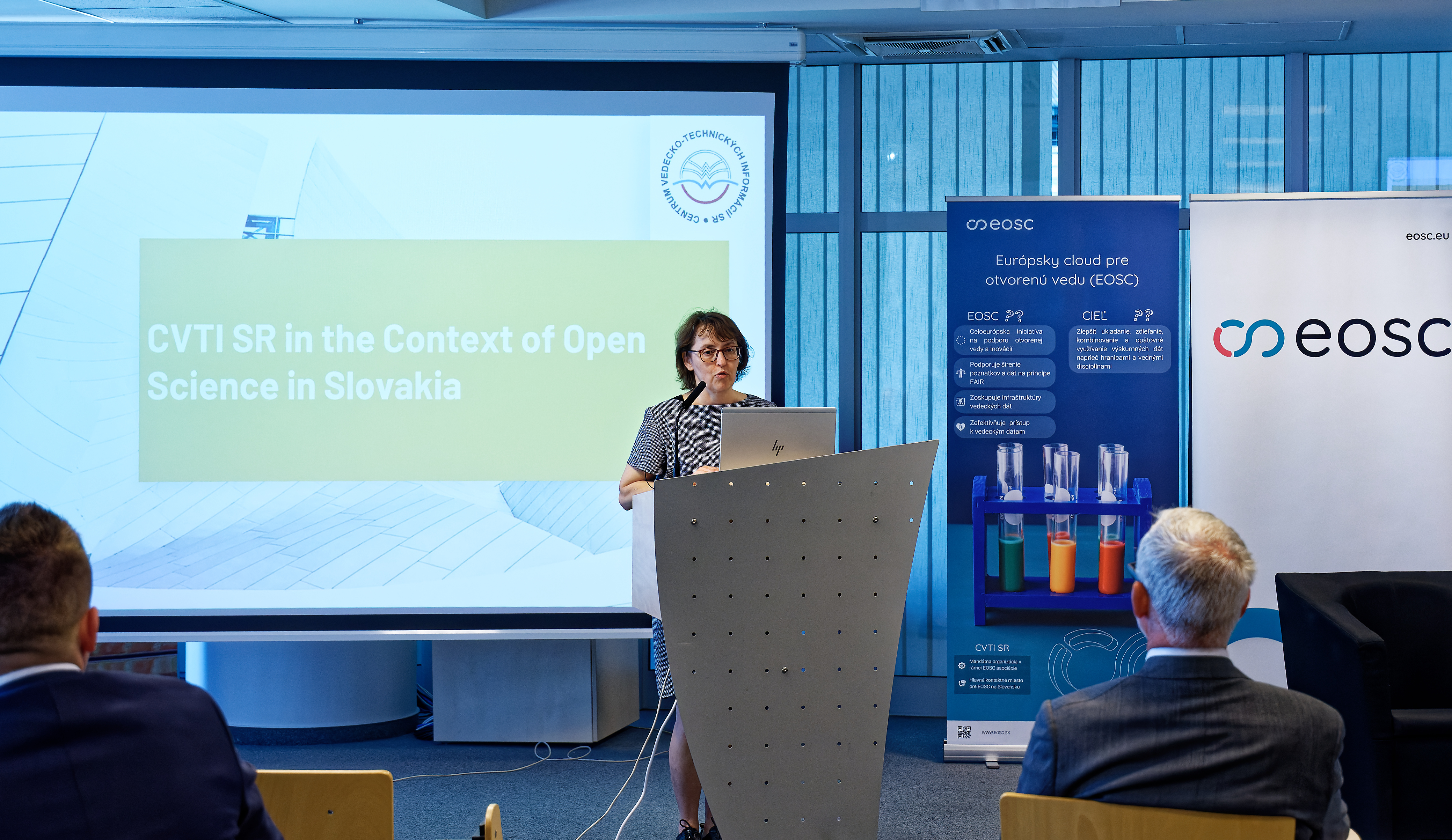 | 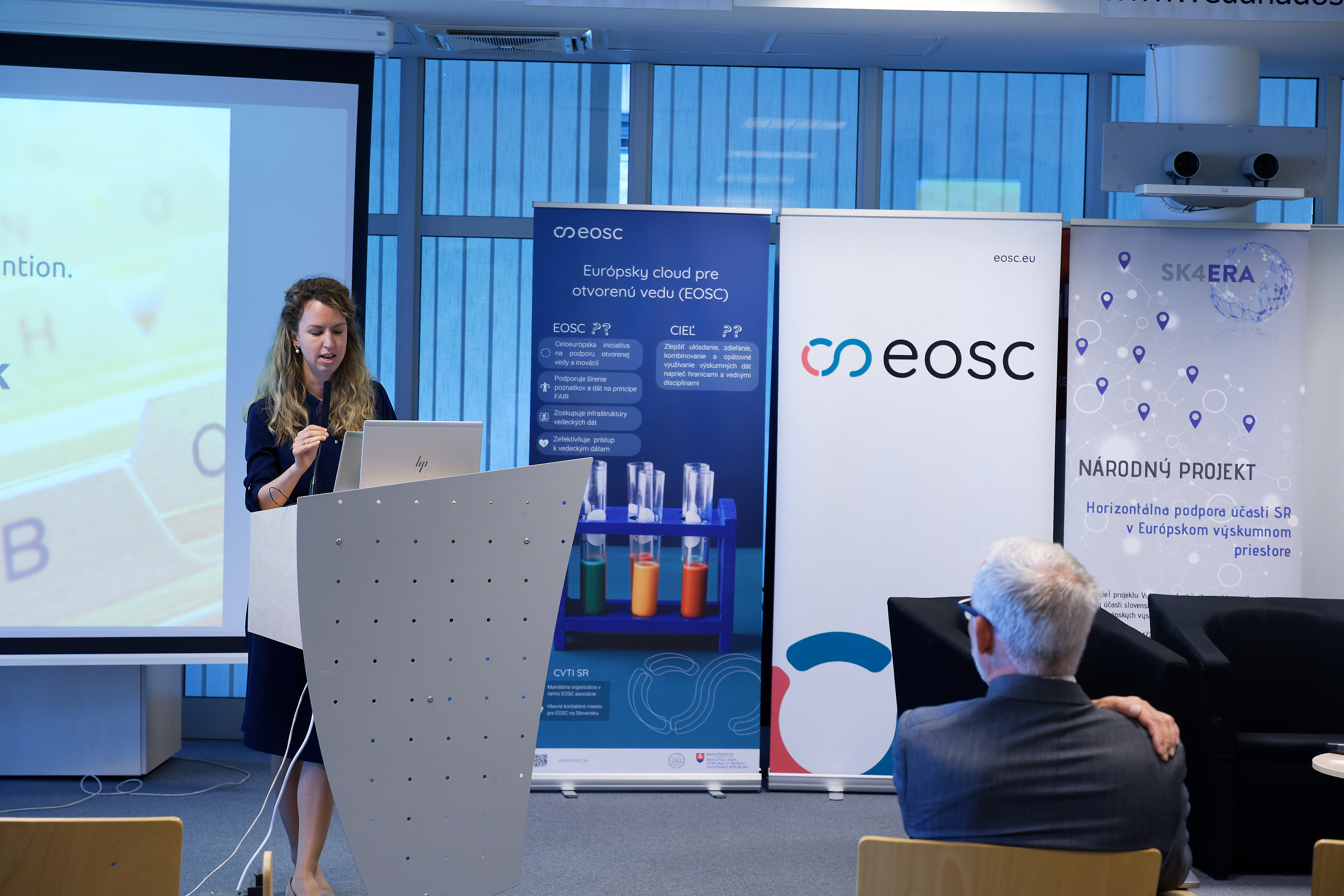 |
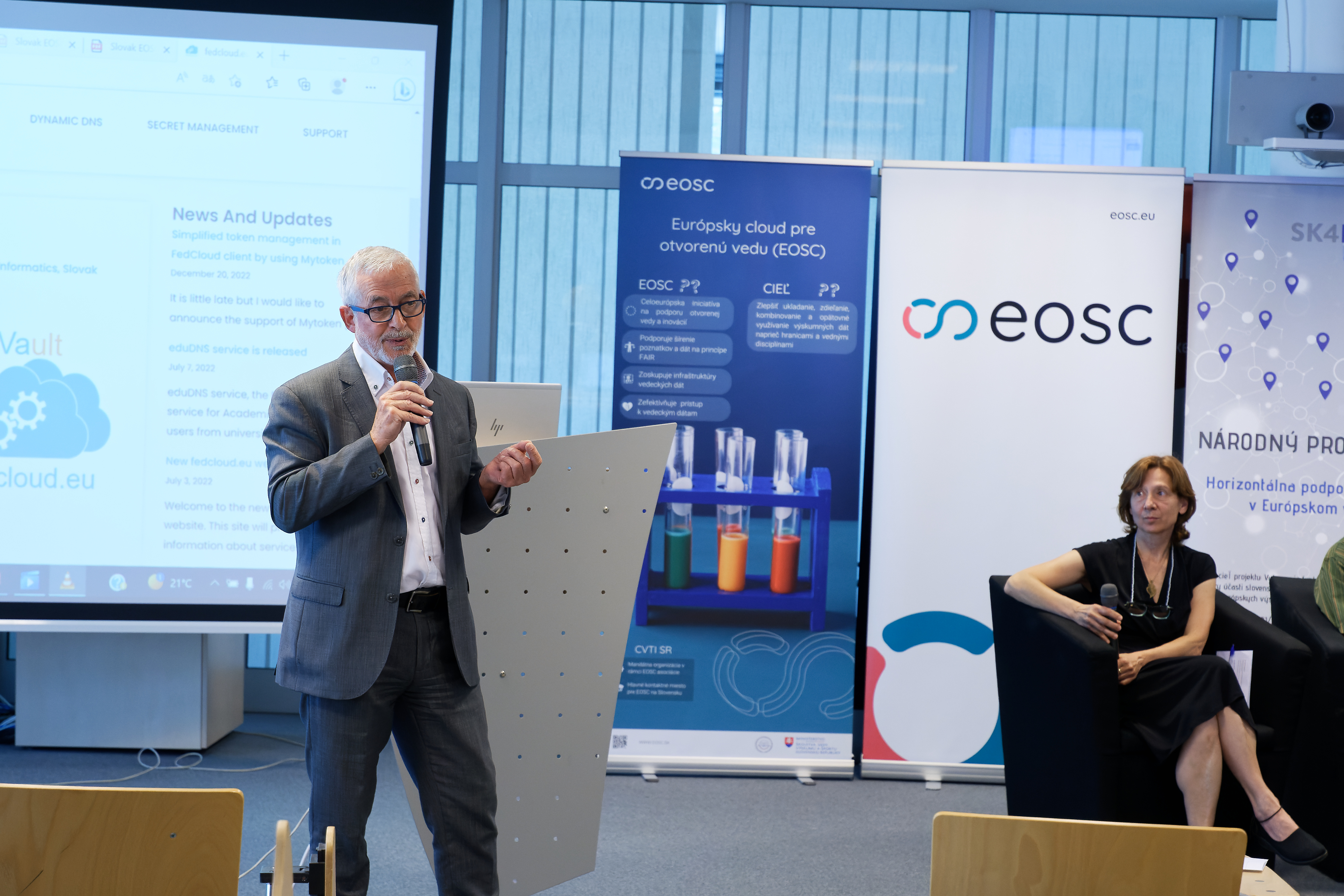 | 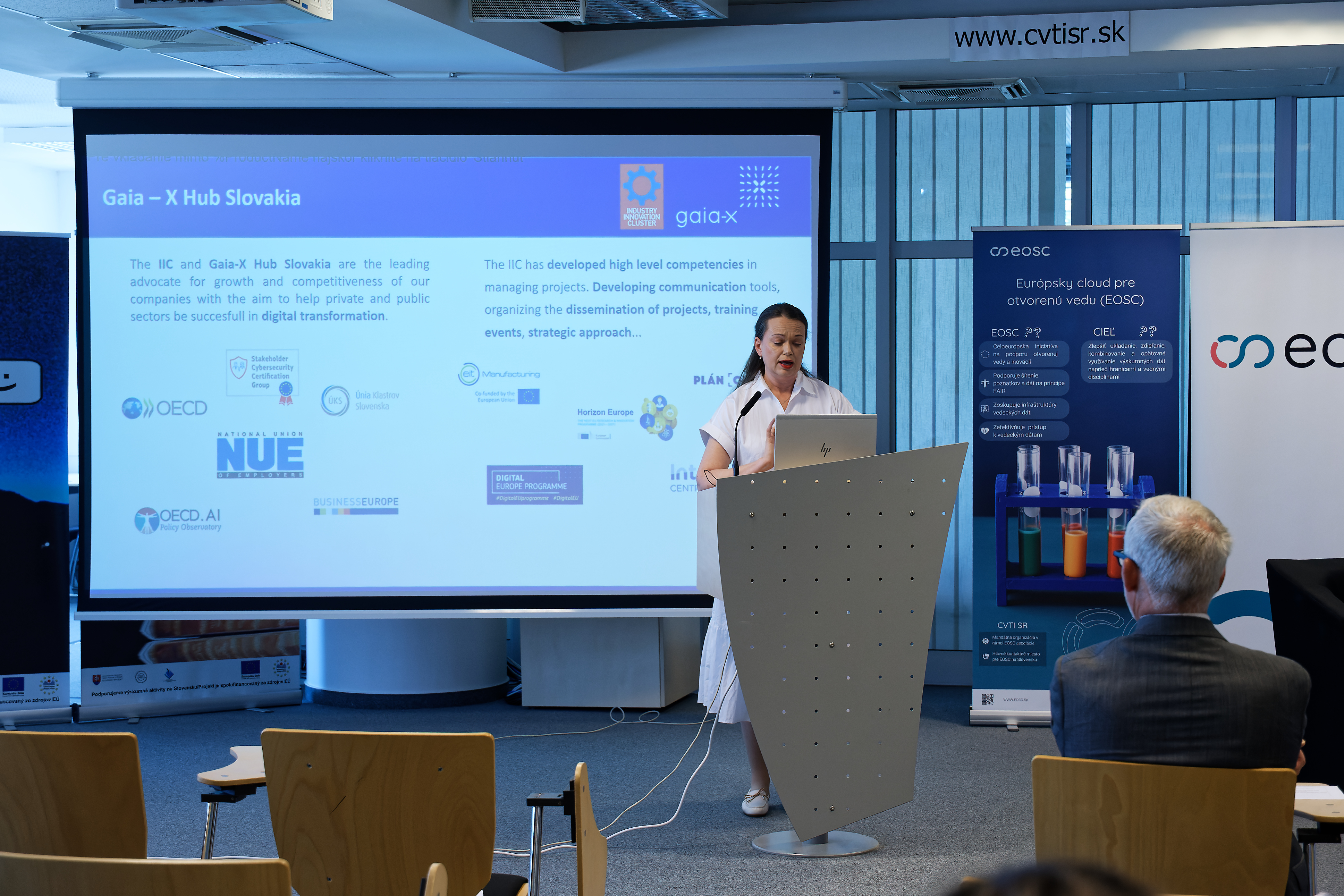 |


